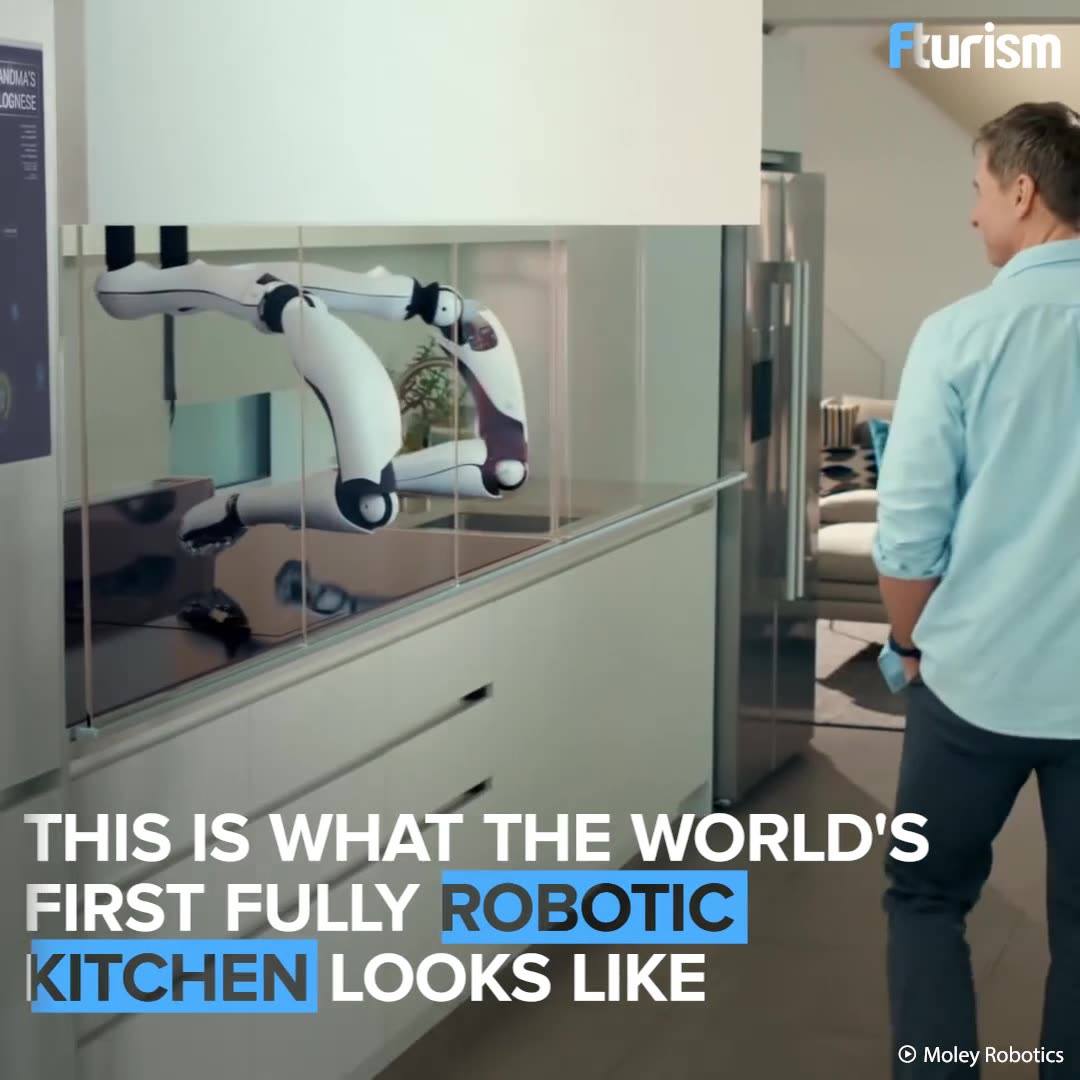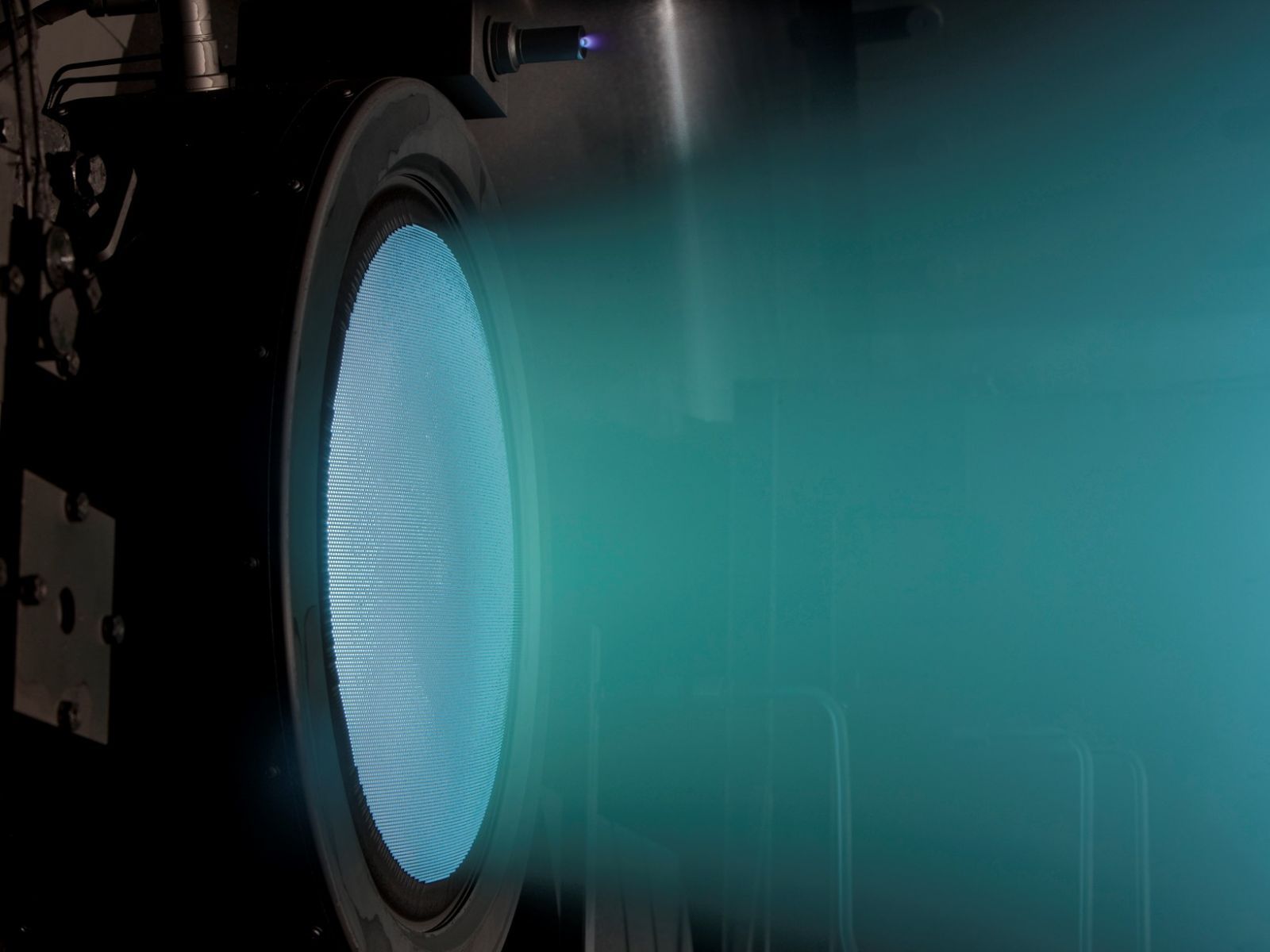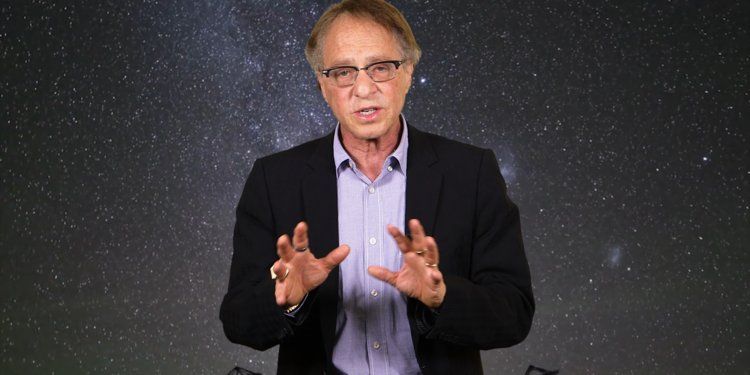Page 8886
Apr 14, 2018
Digital Financial Services for the world’s poor can be accelerated with Blockchain
Posted by Bill Kemp in categories: bitcoin, finance
Digital financial services (DFS) are among the quickest and most effective ways of turning millions of unbanked citizens into formal financial customers. For the first time in history, digital and mobile technology make full financial inclusion not only possible but profitable.
At the heart of the Level One Project Guide is a national system, enabled by shared, open, standards-based components. The system is designed to accommodate variability in local rules, structures, and the existing regulatory framework. The system either provides or contracts for core shared operating components including the interoperability service for transfers (IST) and the fraud and risk management service (FRMS). Structured as a cost-recovery or not-for-profit model, the by-laws and operating rules for IST and FRMS commit to providing low-cost payments capabilities that can support the needs of the poor.
Apr 14, 2018
Step into a fully robotic kitchen
Posted by Shailesh Prasad in categories: food, robotics/AI
Apr 14, 2018
China hopes to build the chips that will control millions of driverless cars
Posted by Shailesh Prasad in categories: robotics/AI, transportation
The nation’s insatiable desire to build its own hardware naturally extends to the world of robo-taxis.
Backstory: China has made no secret of wanting to design and produce huge numbers of its own chips. It’s already gunning to build the processors that power an impending wave of artificial-intelligence hardware.
The news: Bloomberg reports that domestic firms are also expected to build the chips that will be the brains behind the nation’s robotic cars. Startups like Horizon Robotics, founded by the former chief of Baidu’s Institute of Deep Learning, are scrambling to build low-power devices that process data from sensors dotted around cars.
Continue reading “China hopes to build the chips that will control millions of driverless cars” »
Apr 14, 2018
CRISPR plants won’t be regulated
Posted by Shailesh Prasad in categories: bioengineering, biotech/medical, genetics
In a big win for the biotech industry, the US Department of Agriculture says once and for all it won’t regulate plants whose genomes have been altered using gene-editing technology.
Why it’s a field day: The decision means that we could see a boom in newfangled plants from firms like Monsanto, universities, and startups like Calyxt, whose oil-altered soybeans featured in our cover story late last year.
Here’s the logic: The USDA says gene editing is just a (much) faster form of breeding. So long as a genetic alteration could have been bred into a plant, it won’t be regulated. That includes changes that create immunity to disease or natural resistance to crop chemicals, as well as edits to make seeds bigger and heavier. It doesn’t include transgenic plants (those with a gene from a distant species)—those will still be regulated.
Apr 14, 2018
Crispr’d Food, Coming Soon to a Supermarket Near You
Posted by Shailesh Prasad in categories: food, genetics
This week the USDA announced it has no plans to regulate gene-editing technologies like Crispr, opening the door to a boom in designer foods.
Apr 14, 2018
If You Thought Quantum Mechanics Was Weird, Check Out Entangled Time
Posted by Genevieve Klien in categories: particle physics, quantum physics
In the summer of 1935, the physicists Albert Einstein and Erwin Schrödinger engaged in a rich, multifaceted and sometimes fretful correspondence about the implications of the new theory of quantum mechanics.
The focus of their worry was what Schrödinger later dubbed entanglement: the inability to describe two quantum systems or particles independently, after they have interacted.
Until his death, Einstein remained convinced that entanglement showed how quantum mechanics was incomplete. Schrödinger thought that entanglement was the defining feature of the new physics, but this didn’t mean that he accepted it lightly.
Continue reading “If You Thought Quantum Mechanics Was Weird, Check Out Entangled Time” »
Apr 14, 2018
NEXT-C electric propulsion engine poised for production
Posted by Genevieve Klien in categories: futurism, space travel
The NEXT-C ion propulsion engine has successfully completed a Critical Design Review conducted by NASA and is planned for use on the agency’s 2021 DART (Double Asteroid Redirection Test) mission. With the CDR finished, the next step in the process should be the production of actual flight units.
NEXT-C stands for NASA’s Evolutionary Xenon Thruster-Commercial and was developed by the space agency and commercialized by Aerojet Rocketdyne.
“Serving as the primary propulsion source for DART, NEXT-C will establish a precedent for future use of electric propulsion to enable ambitious future science missions,” said Eileen Drake, CEO and President of Aerojet Rocketdyne via a company-issued release. “Electric propulsion reduces overall mission cost without sacrificing reliability or mission success.”
Continue reading “NEXT-C electric propulsion engine poised for production” »
Apr 14, 2018
Google futurist and director of engineering: Basic income will spread worldwide by the 2030s
Posted by Genevieve Klien in categories: bioengineering, biotech/medical, economics, employment, Ray Kurzweil, robotics/AI
- Basic income will be widespread by the 2030s, according to Google futurist and director of engineering Ray Kurzweil.
- Kurzweil is known for making seemingly wild predictions. In 2016, he predicted that by 2029, medical technology will add an extra year to human life expectancies on an annual basis.
- ” We’re going to have more and more powerful technology to keep our physical bodies going. We’ll think, ‘Wow, back in 2018, people only had one body, and they couldn’t back up their mind file,’” he said onstage at TED.
As it becomes apparent that artificial intelligence will replace ever-more jobs in the coming years, a growing number of politicians, nonprofits, and Silicon Valley entrepreneurs have started thinking about how we’ll cope with a world in which not everyone can — or needs to — work.
Basic income experiments, in which people are given a regular salary just to live, no strings attached, are popping up all over Europe, Africa, and North America.
Apr 14, 2018
Einstein’s ‘Dice of God’ Has Been Used to Generate Truly Random Numbers
Posted by Genevieve Klien in categories: encryption, quantum physics
Locking up super-secret information with digital encryption has become even more secure with the production of numbers that aren’t just ‘nearly random’, but are truly unpredictable in every sense of the word.
Using the data generated by a three-year-old experiment on quantum entanglement, the US National Institute of Standards and Technology (NIST) recently generated codes that are guaranteed to be one of a kind, and it could set a new landmark in communications.
On one level, randomness is an easy thing to grasp. We flip coins, roll dice, and pick cards with a basic sense that the outcome can’t be easily predicted.
Continue reading “Einstein’s ‘Dice of God’ Has Been Used to Generate Truly Random Numbers” »


















